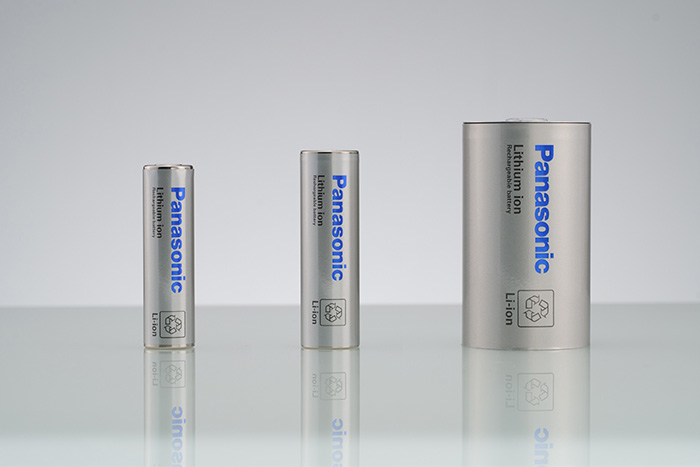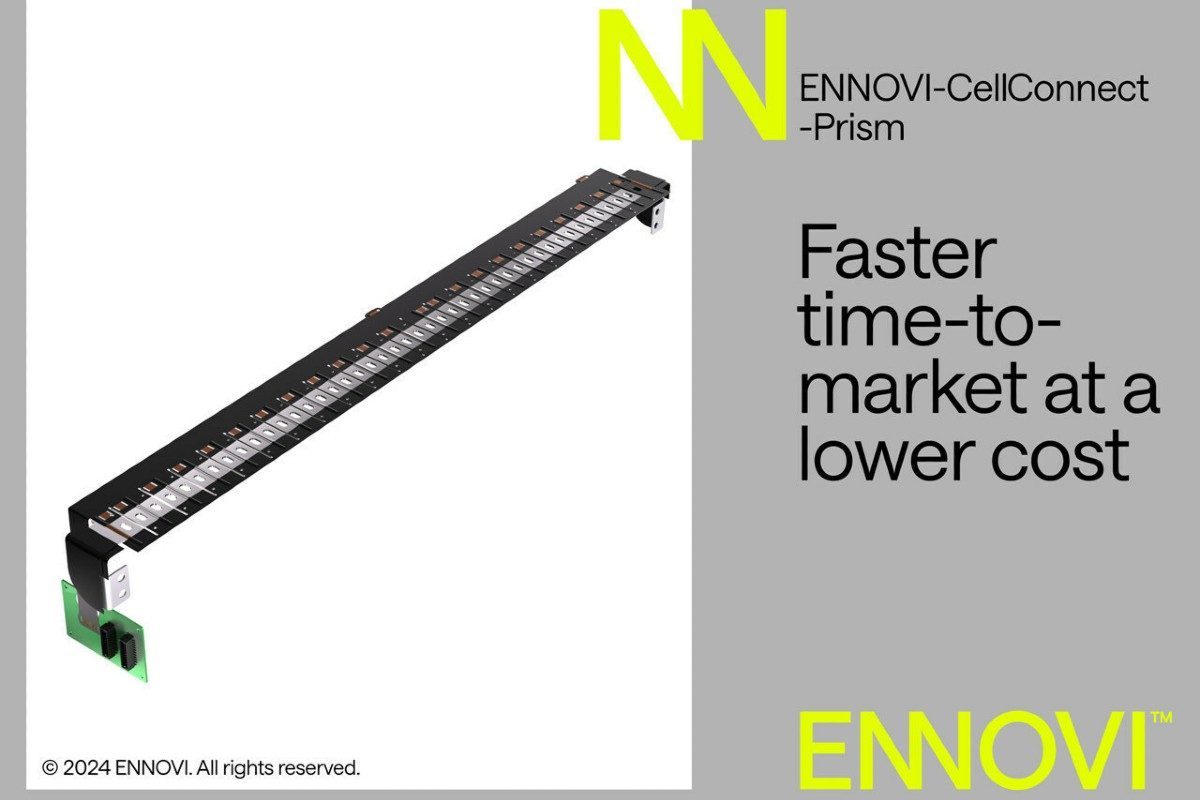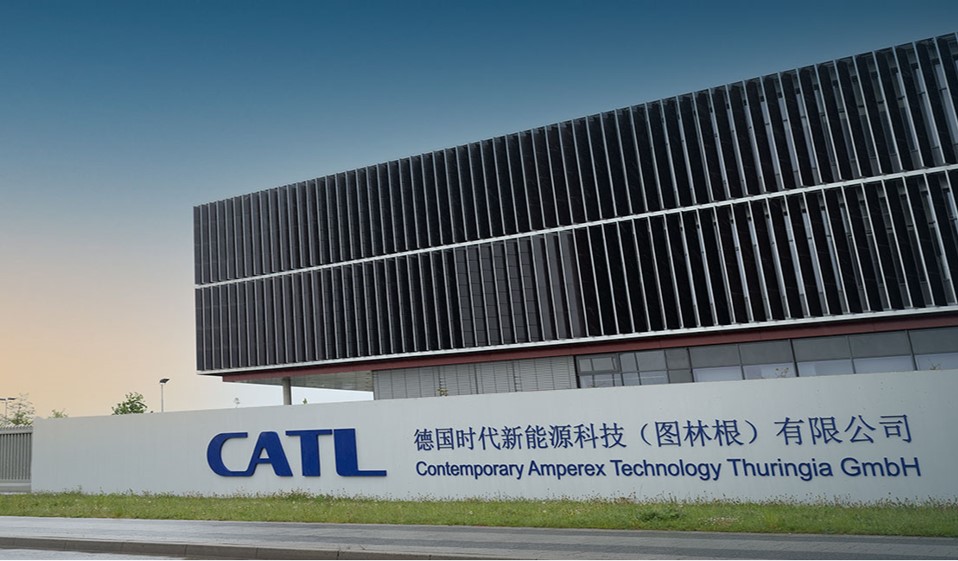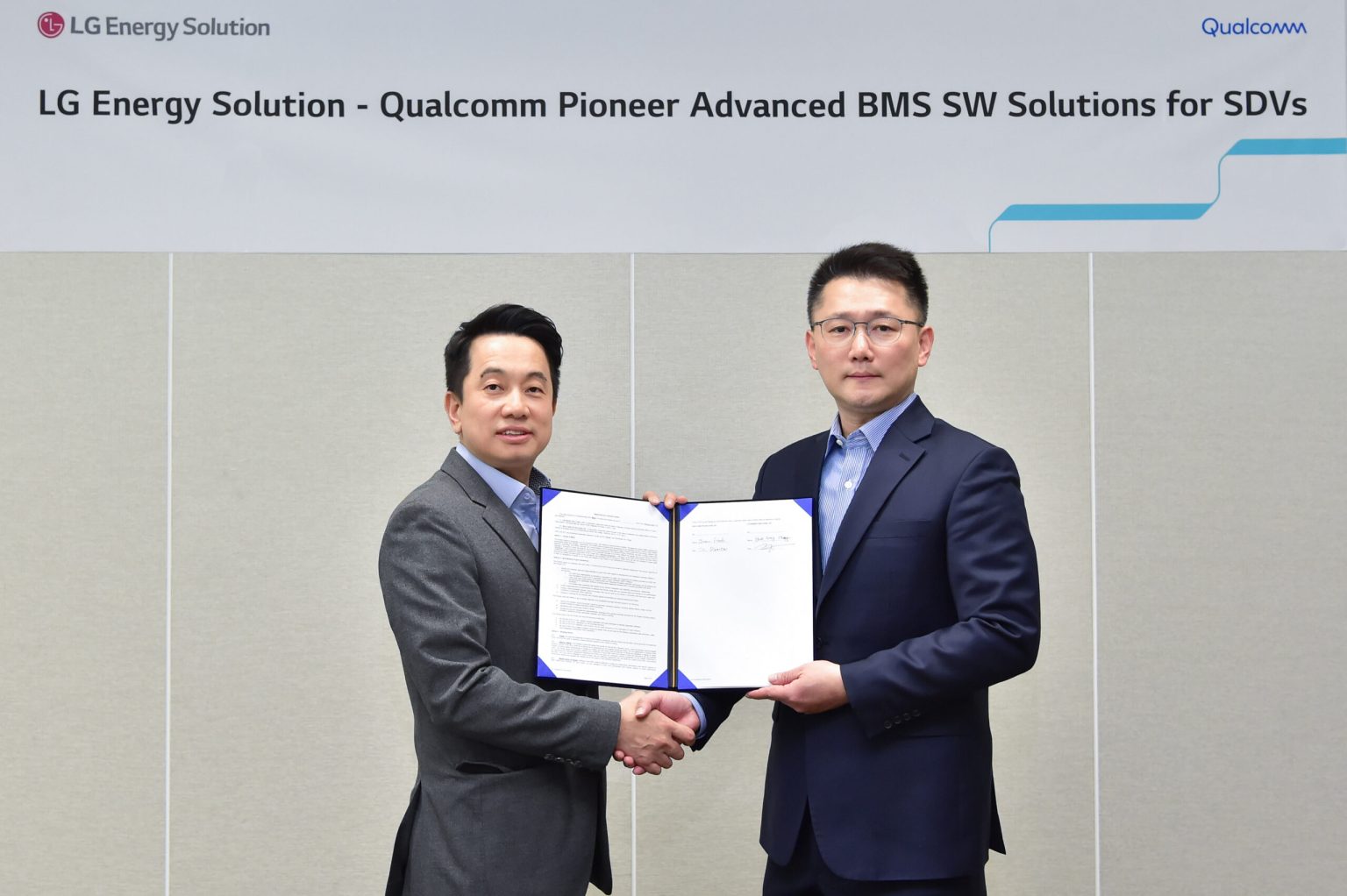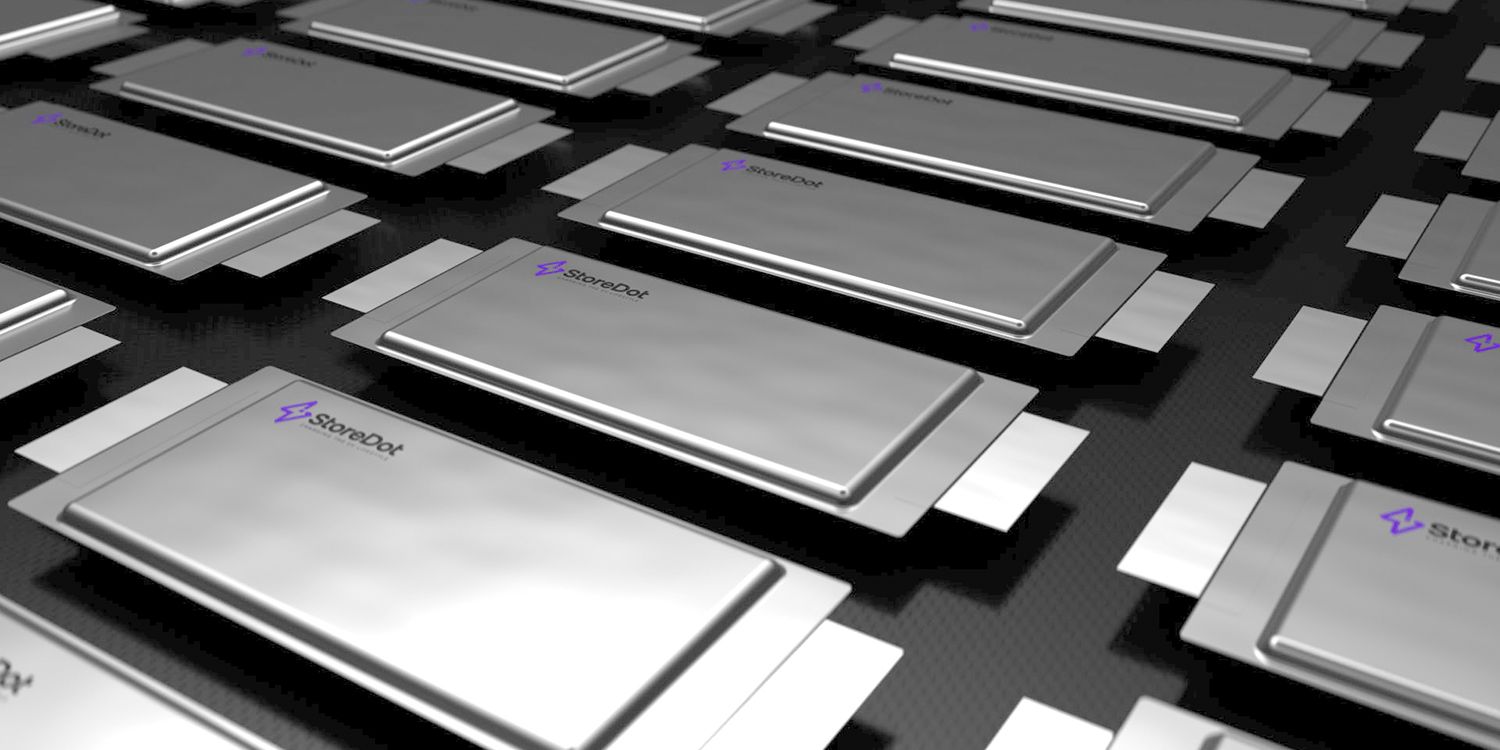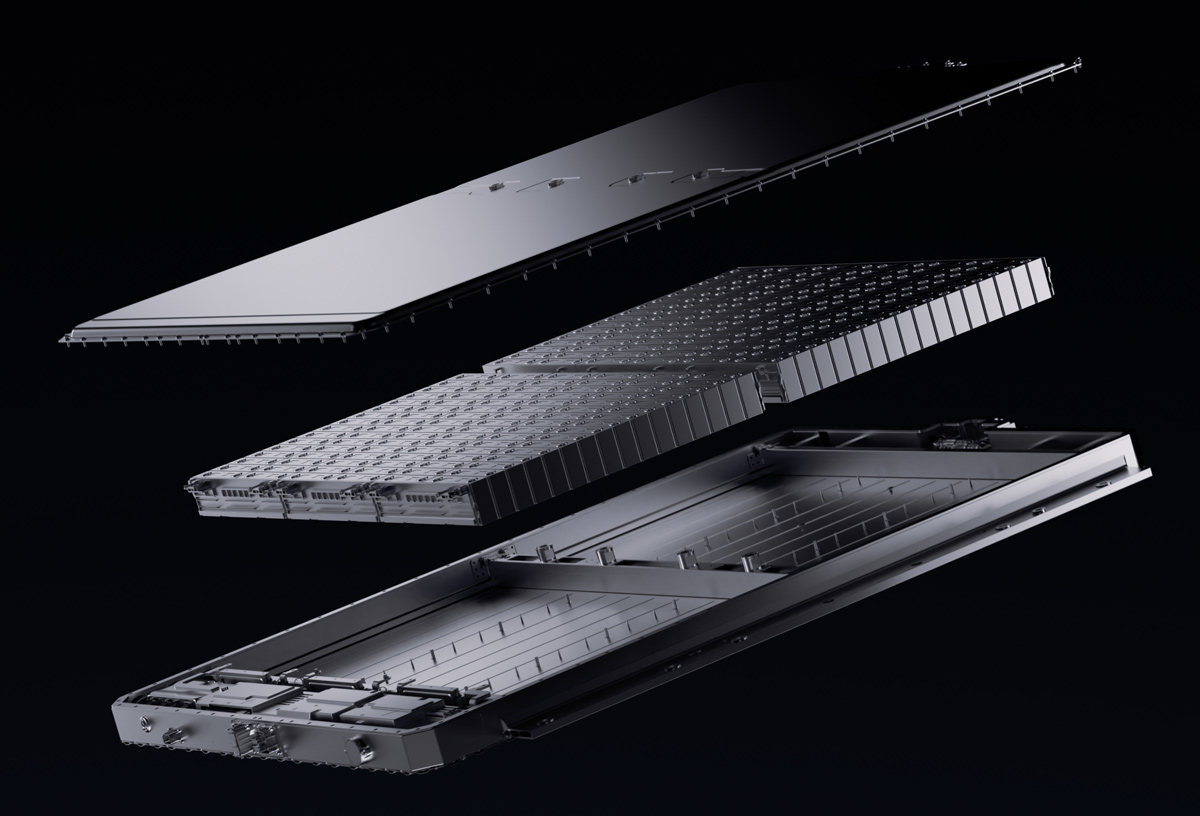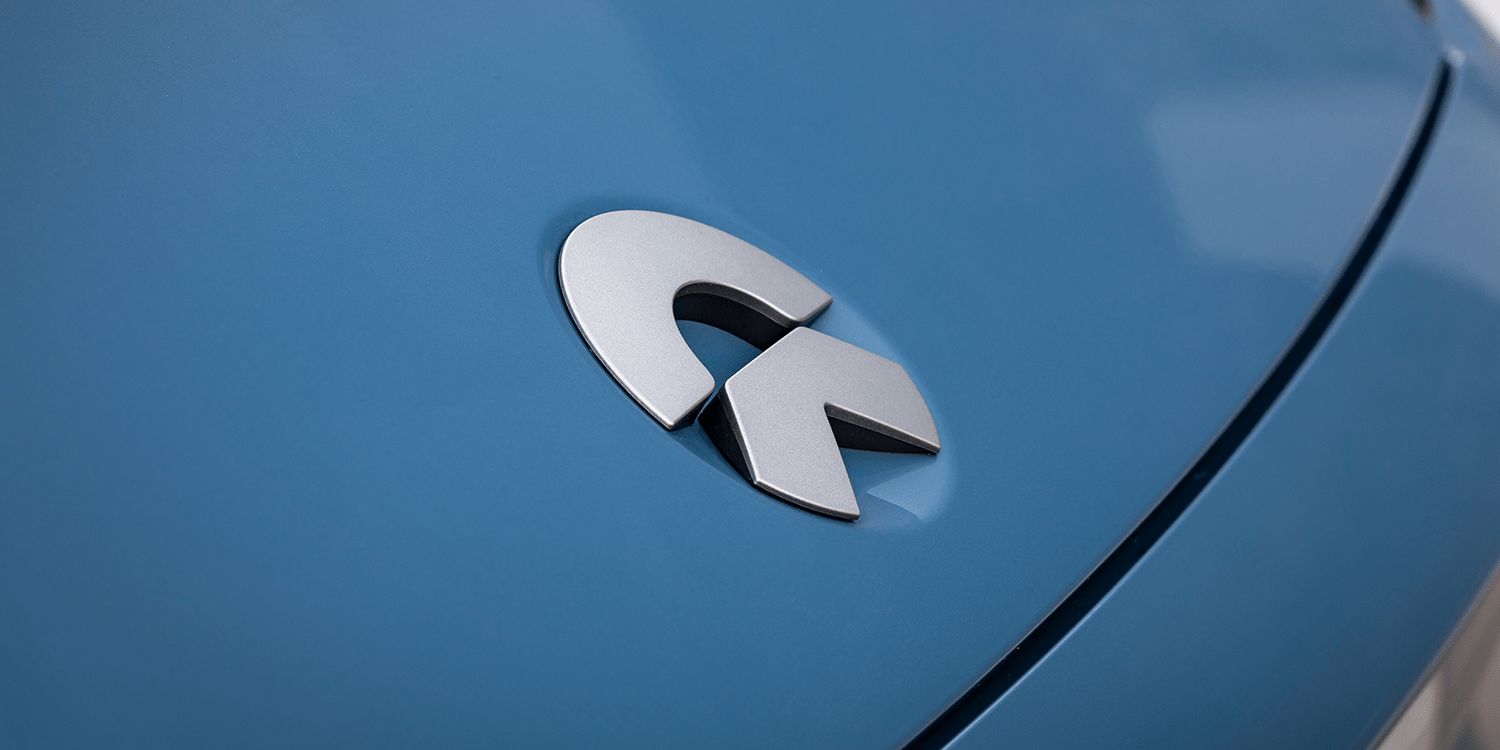Panasonic, the prominent supplier of batteries to Tesla, is reportedly contemplating a substantial additional investment in its operations in Kansas, according to sources familiar with the matter.
This potential expansion, internally dubbed as Phase 3, would entail the establishment of new battery production lines. The primary beneficiary of this increased output is expected to be Tesla, with its Giga Nevada facility being a joint venture with Panasonic.
See also: Panasonic Energy Partners with H&T Recharge for Battery Can Production Lines
Sources cited by Nikkei Asia indicated that the scale of this additional investment would be comparable to Panasonic’s ongoing construction of the De Soto plant, which is estimated to cost around $4 billion. Despite these plans, one of the publication’s sources cautioned that the project is still in its early stages. “No final decision has been made,” noted Nikkei’s source, adding that a decision on Phase 3 is anticipated by the end of the year.
It is believed that Panasonic would likely use the additional capacity to produce 4680 cells, which are expected to offer an energy capacity approximately five times greater than conventional 2170 cells. This move by Panasonic aligns with similar efforts by Tesla and its competitors, such as LG Energy Solution, who are also developing 4680 batteries.
See also: Panasonic Energy and Novonix Forge Supply Pact for EV Battery Anodes
The timing of Panasonic’s potential expansion in Kansas is noteworthy. Previous reports indicated that the company had already allocated a significant portion of its initial investment budget for the De Soto site due to high construction costs in the United States. Nonetheless, Mitsutaka Fujita, a researcher at Techno Systems Research, observed that Panasonic’s plan suggests a sustained demand from Tesla.
Fujita highlighted that Tesla continues to generate substantial profits, even after implementing price reductions. This positions Tesla favorably against traditional automakers, especially those reliant on conventional combustion-powered vehicles and hybrids to offset losses from their electric vehicle business.
See also: Panasonic Secures Silicon Anode Material Deal with Sila Nanotechnologies
Fujita also speculated that Tesla is likely seeking to secure more 4680 batteries from suppliers, given the delays in its own 4680 production efforts and the impending launch of new vehicles such as the Cybertruck, Tesla Semi, and the next-generation Roadster.

